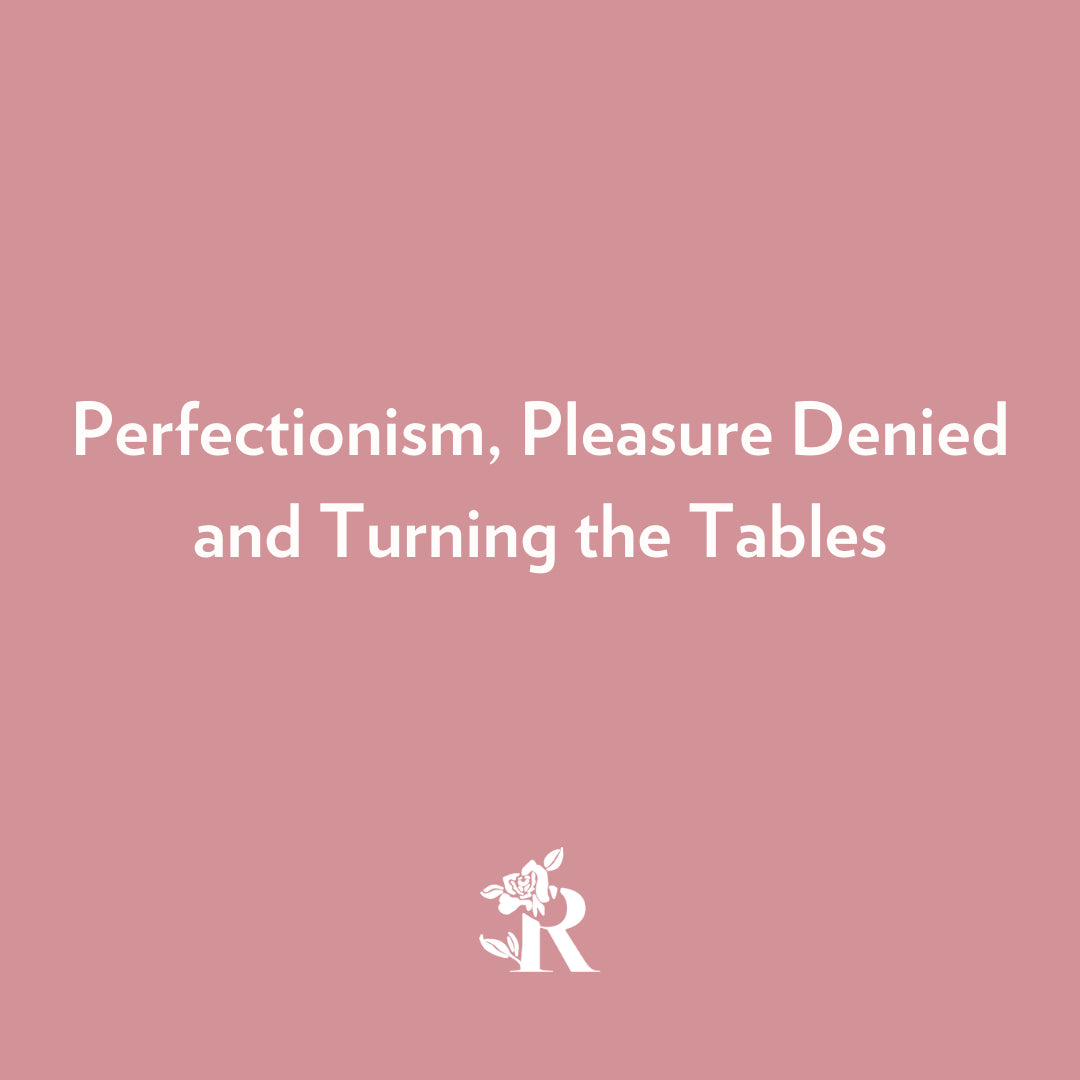Perfectionism, Pleasure Denied and Turning the Tables
Do you remember the Shel Silverstein poem about perfectionism? The one where the girl, always finding fault, dies alone at 98, still critical of everything? The refrain went: "Almost Perfect but Not Quite..."
It's often unpleasant to be a perfectionist—all that tension and pressure. But sometimes, there’s a thing called “negative pleasure.” This happens when, even though the direct process you’re involved in is unpleasant or teeth-gritting, there's still a learned reward: the process of working hard or getting praise in itself brings pleasure. If there wasn't something in it for us, we probably wouldn't choose to do it.
Another thing: being caught up in trying to be perfect means there is always work to do. No relaxing, no goofing off, no simply being. This is an extension of an overall tendency to deny ourselves pleasure, deny the sheer fun and delight of life.
Working hard can be great—but suffering doesn’t need to be a part of it. Serious work doesn’t need grim. You see this is activist circles: a resolve to fix a problem, while overlooking their own precious common life. We aim for a lot of joy and laughter, in the midst of our meaningful, serious work.
Sometimes perfectionism is confused with a habit of complaining, of fault-finding. They aren't the same. Fault-finding often takes the form of a negativity bias in which we notice and comment not on the 99 things going “right,” but on the one thing in the situation that isn’t “right.” In myself, I noticed a habit of micro-complaining (even nano-complaining!): finding insignificant “negative” things to notice and comment on daily—sometimes to myself, sometimes out loud.
I learned a process of “installing a new program" in myself, and tried to apply it to this habit. The new program is “Things roll off of me. I highlight the good.” If I catch myself uttering a micro-complaint, I start redirecting my thought pattern. I itemize five other things that are perfect and beautiful at that moment, then repeat the affirmation above. This replaces the ambient cranky with ambient ease. At every opportunity, I replace the mournful sound of the complaint, the grumble, the nag or the nitpick with the out-loud celebration of the good and harmonious: commending, complimenting, appreciating, delighting in what is here now.
This seems to be a very important time to encourage a habit of being openly and vocally encouraging and kind—especially to strangers. We can really aid the culture by showing each other—by our actions—that division and hatred are not as pervasive as the trolls out there make it seem to be. Our words create.
























